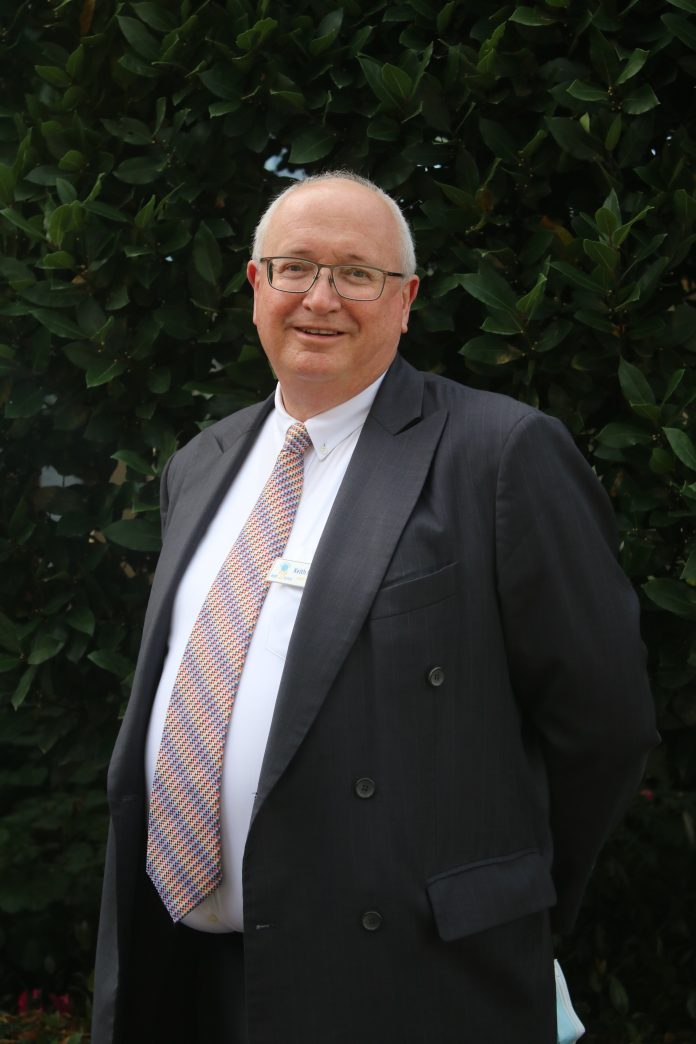The Waitaki District Health Services chief executive has slammed suggestions Oamaru Hospital would be better off it was not owned by the Waitaki District Council.
Keith Marshall said in the past few weeks several council candidates running in the local body elections had raised concerns the council-owned hospital was unable to generate the funding required for the hospital to run correctly.
‘‘Those statements are simply factually incorrect,’’ Mr Marshall said.
While similar comments, which had been directed to Mr Marshall, hospital staff and online, had been made in the past, it had become embroiled among the election issues.
‘‘The last few weeks have seen this being deliberately created as an election issue by some of the candidates, even though the positions being stated are factually incorrect.’’
Mr Marshall said there was ‘‘absolutely no funding source’’ the hospital could not access under the present model, and he believed it provided more opportunities than a trust, or another model for new funding avenues ‘‘short of the Government taking it over again’’.
‘‘Which I get the sense that none of us here in Oamaru really want to happen.
‘‘From my perspective, I can categorically say that changing the ownership of the hospital would not solve any funding problems whatsoever.
‘‘In fact, I’d go even further than that and say that trust, or other non›council, ownership would make a difficult financial situation much worse if anything.’’
He said people who believed the hospital would be better owned by another entity did not fully understand the financial management of running a hospital.
Hospital operations have to be ‘‘underpinned’’ by a financially solid balance sheet, for the Government, contractors for health services and auditors. Being owned by the council provided ‘‘surety’’, he said.
‘‘The reality is that with council underwriting the hospital balance sheet, the financial strength of the hospital is assured because the council is effectively backing up the hospital balance sheet.
‘‘Without that balance sheeting backing of the council, a trust would simply not have the financial strength on its own to be able to secure banking arrangements nor provide deep enough pockets to fund the ongoing, and substantial, cash needs of running a hospital.’’
When Dunedin chief health executives intended to close Oamaru Hospital in the 1990s, it was the council that guaranteed the hospital through it being council-owned, he said.
‘‘The reality is that the Waitaki District Council has been incredibly helpful and an absolute godsend in respect to our financial support.’’
The majority of the community was ‘‘incredibly supportive’’ regarding Oamaru needing to keep its hospital, he said.




